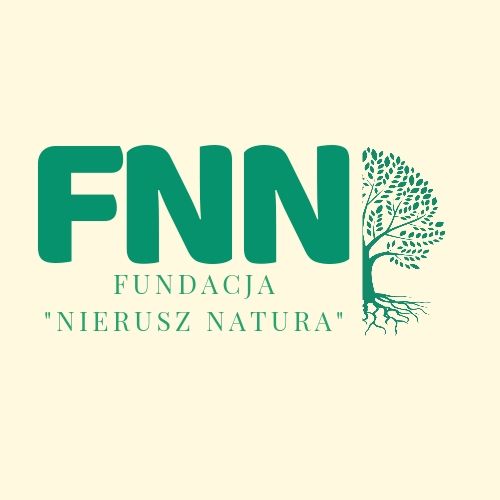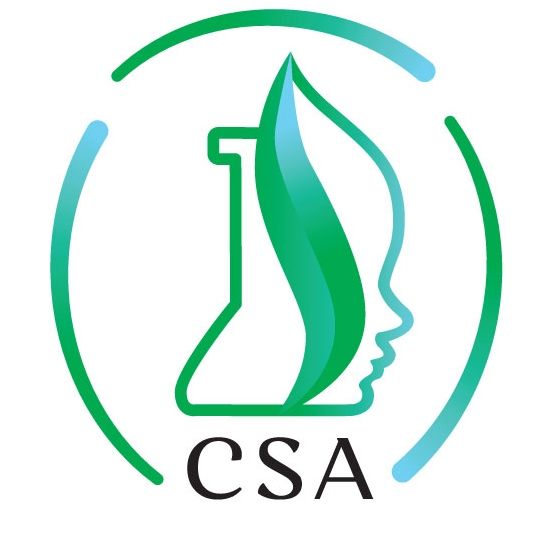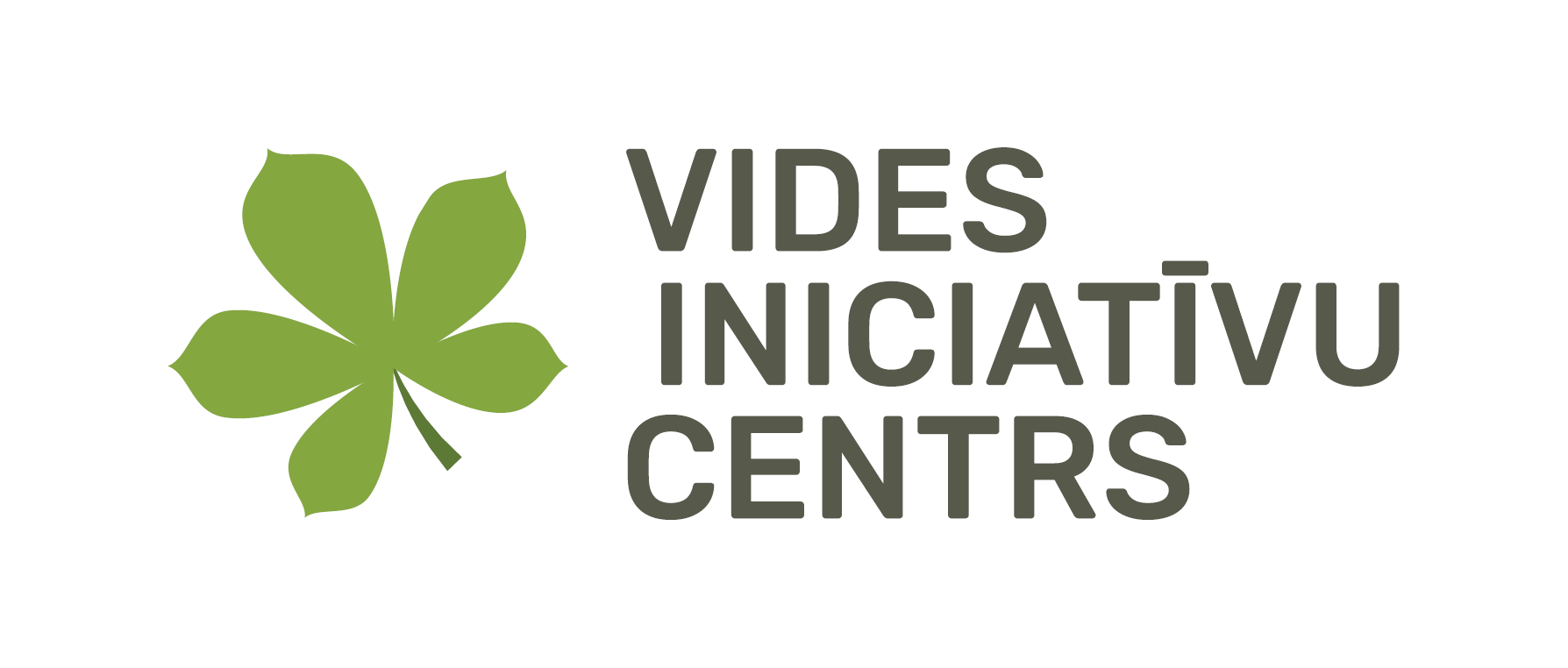The CCB network is growing
Despite the challenges in the region, we continue the work for the protection and restoration of the Baltic Sea and its natural resources, and we are glad to share the news that we accepted two new Member Organizations and one Observer in the CCB network.
During the last CCB Annual Conference and General Meeting held in April in Riga, indeed, we welcomed:

- As a Member – "Nierusz Natura" Foundation (Poland)
The Foundation, based in Poland in 2023, will continue the activities of the ecological and local history public association "Nerush," which operated in Belarus from 1997 to 2022.
The aim of the foundation is to support comprehensive, sustainable social, ecological, and economic development, in particular by:
o Establishing high-quality public policies.
o Observing human rights, especially in the countries of the former USSR.
o Developing international cooperation, especially with the countries of the former USSR, with particular emphasis on the Republic of Belarus.
o Combating poverty and social exclusion.
o Improving the quality and increasing access to education for all social groups.
o Safe, orderly, and legal migration, respecting human dignity, freedom, equality, as well as respecting human rights, especially in the context of migration undertaken by citizens of the former USSR.
o Combating human trafficking and modern slavery.
o Preserving the natural environment in an optimal state, enabling the preservation of biodiversity.
o Combating the negative aspects of climate change and developing international cooperation in this area.
More info: https://www.linkedin.com/company/nierusz-natura-foundation/about/

- As a Member – Chemical Safety Agency (Ukraine)
The Ukrainian Non-Governmental Organization “Chemical Safety Agency” (CSA), established in 2019, works to achieving Chemical Safety Goals in the creation of toxic-free living environment for our children and future generation. In particular, by:
o Developing and implementing campaigns and projects that lead to the improvement of the environment, public health and public awareness of the most crucial chemical safety issues;
o Capacity building and exchange of experience with all stakeholders, including thematic nongovernmental organizations;
o Providing strategic input, analysis and advice to stakeholders to accelerate positive change in chemical safety and strengthen global and national chemicals and waste policies for a toxics-free future.
More info: https://www.facebook.com/ChemSafety.Ukraine

- As an Observer - Center for Environmental Initiatives (Latvia)
The organization, established in 2006, operates in various fields such as urban and rural development and encouraging society to be civically active, in particular by:
o Promoting environmental health and waste reduction;
o Advocating for green cities, waste segregation, and engagement in environmental policies;
o Providing environmental education and promoting eco-friendly, active, and healthy lifestyle;
o Advocating for the sustainable utilization of natural resources.
More info: https://www.videsnvo.lv/
"We are really happy to welcome 2 new member organizations from Poland and Ukraine, and one new observer from Latvia to our network! CCB has always been a member-driven public force, and of course, more members mean more energy and wisdom within the network, more “hands” on the ground, and network’s stronger voice on policy forums. It is good to see that new organizations bring different expertise in various fields important for CCB. We remain committed to continue our work for protection of the Baltic Sea with all of our members and observers." - commented Eugeniy Lobanov, CCB Co-Chair on behalf of the CCB Council and network.
***
More info:

